Americanized: “Banana”
Part of an ongoing series exploring issues of identity for students at NAI, this piece examines the popular term describing Asian-American students, “Banana”. Disclaimer: All of the stories in this series are personal experiences from first-generation immigrants and are written to express how the author perceives their situation.
A quest to further define one’s identity by looking back at where we came from.
A “banana” is a term used for Asian people who are considered to have abandoned their Asian cultural identity to adopt a Western cultural identity.
When I was 7, my parents and I left our home country of South Korea and travelled 6,000 miles to the U.S. The prospect of starting a new life in a new country was exciting to me, even as a 7 year old.
My first day of school, I first realized that I wasn’t just immediately going to become American. I was different, even in such a diverse school district as North Allegheny. I remember coming down the slide at recess and a face popped up from behind, greeting me with a, “Hello, Korean girl.” I saw how even at that age all the Asian people would only play with each other at school. I didn’t want to be treated differently, I just wanted to be the same.
Now as I walk through the hallways, I don’t feel different at all. It might have to do with the fact that NA has a large Asian population, but I just feel like another normal, American student. In fact, some of my friends tell me once in a while that they forget I was born in Korea. When I answer a call from my parents in Korean, the people around me act shocked and ask if I can speak Korean. No one ever questions me about my heritage or brings up my ethnicity. That’s a good thing, right? I’ve finally blended in.
That’s what I thought until recently. Now, I can’t help but question if it’s a bad thing that people aren’t aware of my ethnicity and culture. It’s a huge part of me that I lived in Korea for 7 years and moved here, right? Shouldn’t my heritage and my story be something I’m proud of?
I spent so many years trying to hide my heritage. It’s not even that anyone would be racist, as North Allegheny is a very affluent district filled with educated people. I just wanted so desperately to blend in.
In 8th grade, every time we had a substitute teacher I would go to the bathroom during attendance so I wouldn’t have to hear them try to pronounce my Korean name in front of everyone. One time, my 7th grade Latin teacher asked me to tell the class about my birth name and I excused myself to the bathroom because I didn’t want to talk about it in front of the whole class.
I didn’t have many Asian friends in middle school. When my parents would ask why I don’t hang out with other Asians, I’d just say, “I didn’t come to the U.S. just to hang out with other Asians.” I now realize that that was an extremely pretentious and ignorant thing to say, but back then I just wanted to hang out with the white kids and be a part of them.
I started doing theatre because not a lot of Asians do theatre and I wanted to be different from the “other Asians”. I refused to do CCAC classes over the summer. I would purposely tell people I wasn’t good at math or science because I didn’t want to be a stereotype, when I’m actually not bad at either of those subjects.
Last year during the fall play, I was partnered up with another Asian to do a waltz dancing scene. I was mortified. Why did the only two Asians have to dance together?
I even feel kind of embarrassed writing this article, if I’m being honest.
Why?
Why am I so embarrassed of my culture? Now, I feel more disconnected from it than ever.
Two summers ago, I went on a vacation with my family friend who happens to be adopted from Korea. She told me that she regretted not exploring her Korean heritage more when she was younger. I rolled my eyes in response. She then told me straight up that I was white-washed. Something about that really ticked me off. I shouted, “Well, I’m NOT LIKE YOU!” The irony is that I had just shouted at a fellow Korean person that I was not like her. I shoved that conversation all the way to the back of my mind.
On the way to the D.C. Journalism trip in November, a couple of my friends and I were talking, and someone asked, “Who is the most white-washed in this group?” My one Korean friend answered, “Sally.” I laughed it off but that conversation from two years ago popped up in my brain. I couldn’t help but think, “Why would they say that?”
Sure, I don’t like K-Pop but that’s just because I just don’t like the music. Yeah, I don’t watch K-Dramas but it’s just because I don’t like the style. I mean, I don’t really eat Korean food that much anymore. Okay, I guess I don’t really talk about my culture at all and I refuse to talk in Korean to people when they ask and I’m slowly forgetting how to read and write in Korean, but that’s just because –
The list could go on and on.
I had forced myself to become Americanized and disconnected from my culture because I was ashamed for no reason. I now feel more foreign in my home country than I do in America.
I just wanted to fit in. I didn’t want to be different. But to fit in, I had disconnected myself from a part of me that is so important; a part of me that I should be proud of.
I moved to Wexford at the age of 7 all the way from South Korea. I had to learn English by watching SpongeBob with the subtitles on. I still speak Korean at home. I haven’t seen my relatives in 6 years. We don’t have any family to see on Thanksgiving or Christmas. My life is not normal, and it’s time I stop being ashamed of that and own it.
I now realize that it’s okay to be different. No matter how much I try to deny my Korean heritage, it will always be there. I can’t run away from it, and I just need to accept it.
Of course, I love the “American” side of me, too. I’ve now spent more than half of my life here. But I want to be Korean-American, not just American. I can have both sides and be proud of both sides, not just one.
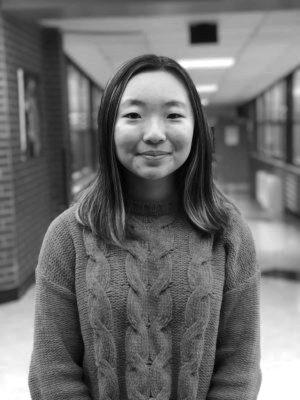
Sally Cho is a sophomore at NAI and is very excited to be writing for NAEye this year. Outside of writing, she enjoys theatre, playing the piano, and volunteering...



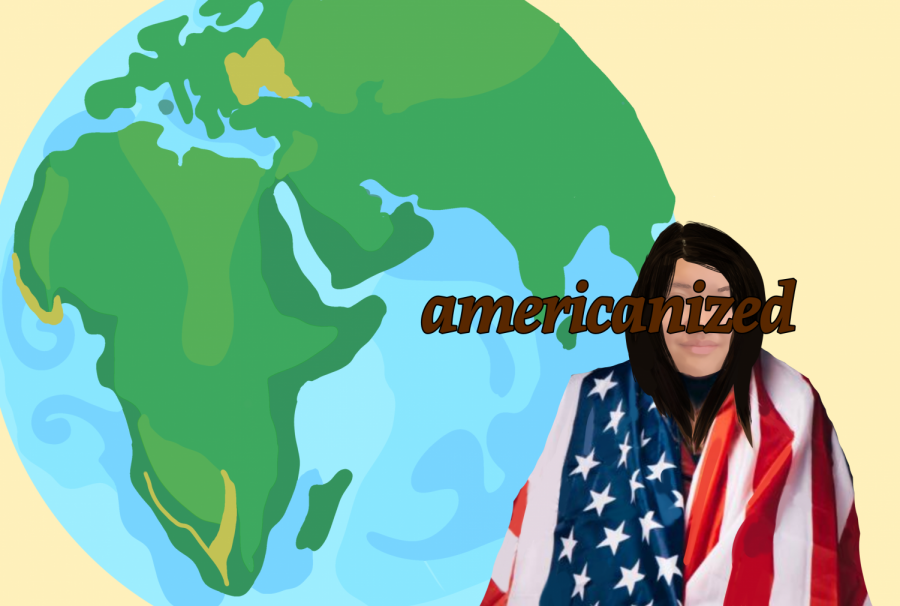
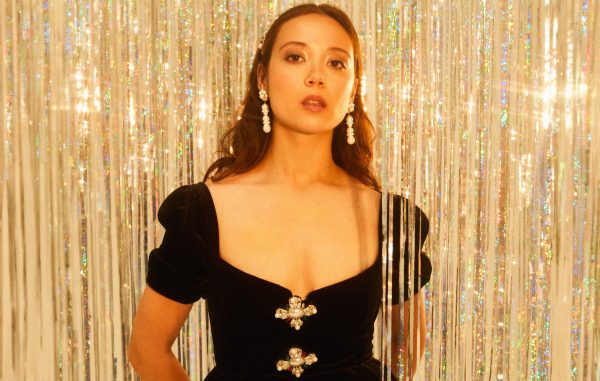
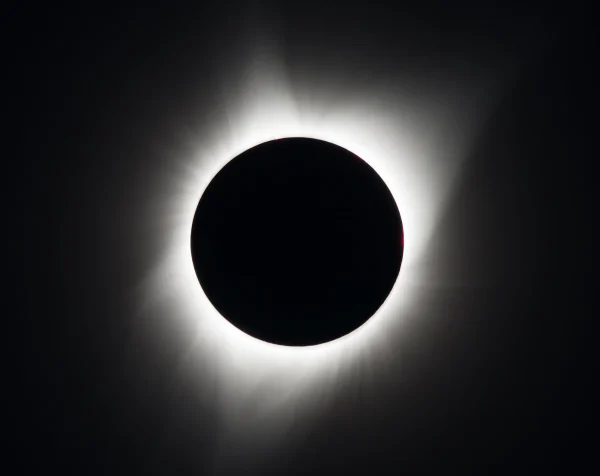

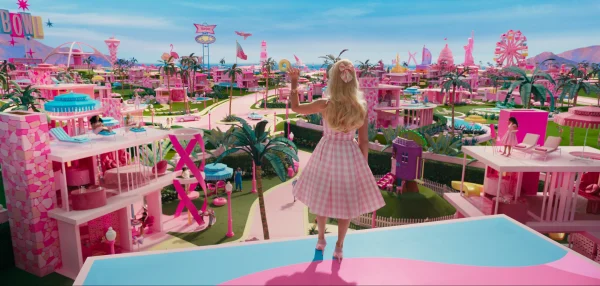
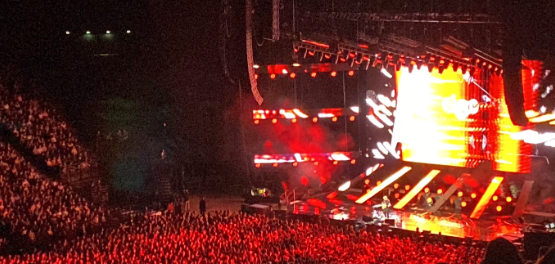
Heather Zottoli • Jan 18, 2020 at 7:21 am
Very insightful article. I’m so glad to know you Sally.
Quinn Volpe • Jan 9, 2020 at 2:35 pm
this is amazing, sally!! i’m proud of you
Matthew Koah • Jan 9, 2020 at 2:27 pm
Amazing article!!!